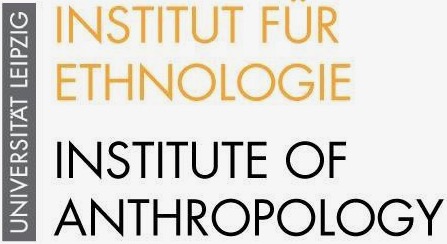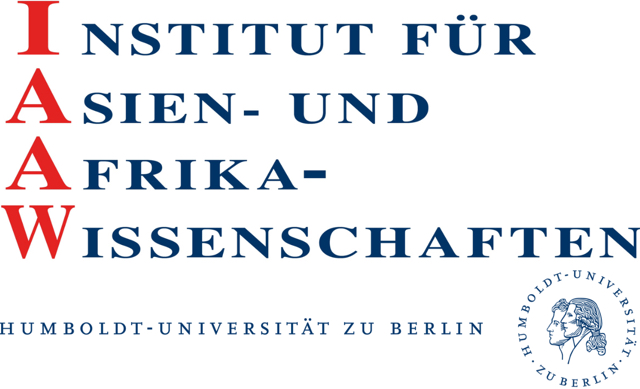
The network of scholars involved in the project ‘Shaping Asia: Knowledge Production and Circulation’ understands Asia to be a region in which (post)colonial domination and the manifold ways in which it has been questioned and scrutinised are linked to the very nature of knowledge production and circulation – as it seeks, at the same time, to grasp how Asia is shaped in this process. As Levitt and Crul (2018) argue, there is a necessity for critical evaluation of the central premises of knowledge production, of careful assessment of that which is silenced, what is considered legitimate, or what is given centre stage. With a better understanding of the assumptions behind the reproduction of knowledge about the world and with the suggestion of alternative ways of producing and circulating knowledge, there comes a greater chance of shaping the world in more constructive, inclusive ways (Derichs 2017). Here, these alternative ways of shaping the world are taken to be relational and situated, empowering and constraining.
In this Networking Initiative, we understand ‘Shaping Asia’ as conscious efforts of different actors in Asia to reflect on “how bodies of knowledge are produced in persons and populations in the context of the social relations” (Barth 2002: 1). Furthermore, we aim to trace their attempts to uncover, support, and develop forms of knowledge considered to be relevant for being Asian. This project will not ignore the tacit ways of knowing and knowledge transmission that are carried out in everyday human actions. We give primacy, however, to conscious, reflexive dealings with knowledge in our quest to uncover how Asian actors seek to actively influence their sociality and culture.
Our reflection on knowledge production, circulation, and distribution across Asia and within and between epistemic communities is informed by the project’s quest to grasp and to do justice to the magnitude of knowledge production (while concentrating on specific topics), the synergies and clashes between communities of knowledge as well as the im/possibilities of translation between different realms of knowledge. This reflection is driven by the recognition of the importance that actors themselves attribute to knowledge production and dissemination as well as to the use of knowledge for different reasons and purposes. At the same time, it is propelled by the imperative to understand the reflexivity of actors in Asia as they consciously shape their worlds. But it should also bring about and stimulate academic (self-) reflexivity in the expansion of knowledge about societies and cultures in Asia. Of course, the limits of such endeavours are also very important. Given the magnitude and diversity of epistemic cultures, careful observations – requiring ethnographic skill and proficiency of language – will be needed in order to grasp forms of exchange and challenges to participative generation of knowledge and dialogue. Among the ‘burning issues’ to be explored are the relations between knowing and ignorance (see Kirsch and Dilley 2015: 6 on the general crisis of confidence in contemporary societies about what knowledge is), local knowledge and learning as well as the dynamics in knowledge hierarchies.
The project ‘Shaping Asia: Knowledge Production and Circulation’ draws from three large areas of research while proposing novel avenues based on their strengths and addressing their shortcomings: (1) the postcolonial critique on the modalities of knowledge production in and about Asia; (2) the spread of ‘world culture’ leading to homogenisation (Krcken 2005), influenced by neoliberal forces and (3) the engagement with ‘indigenous’ or ‘local’ knowledge.
Research Team
Project Coordinator
Prof. Dr. Joanna Pfaff Czarnecka, Bielefeld University
Postdoctoral researcher
Dr. Eva Rozlia Hlzle, Bielefeld University
Doctoral researcher
Anass Khayati, Bielefeld University
Network members
Dr. Noorman Abdullah, National University of Singapore
Prof. Dr. Claudia Derichs, HU Berlin
Prof. Dr. Riho Isaka, University of Tokyo
Prof. Dr. Joachim Kurtz, University Heidleberg
Prof. Dr. Kelvin Low, National University of Singapore
Prof. Dr. Dhruv Raina, Jawarhalal Nehru University
Prof. Dr. Brigitt Rttger-Rssler, FU Berlin
Irina Savu-Cristea, Doctoral Researcher, FU Berlin
Prof. Dr. Thomas Stodulka, FU Berlin
Dr. Ferdiansyah Thajib, KUNCI Study Forum and Collective








